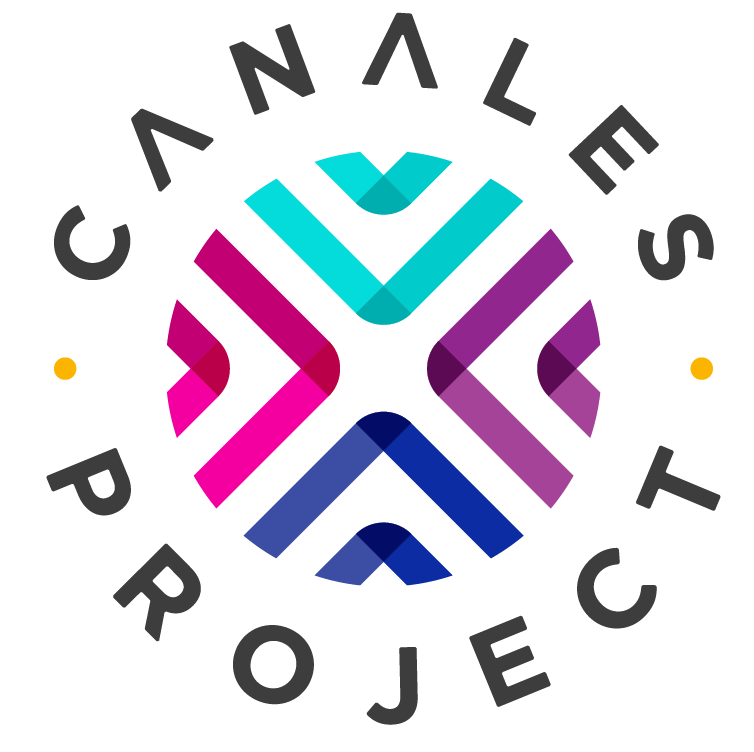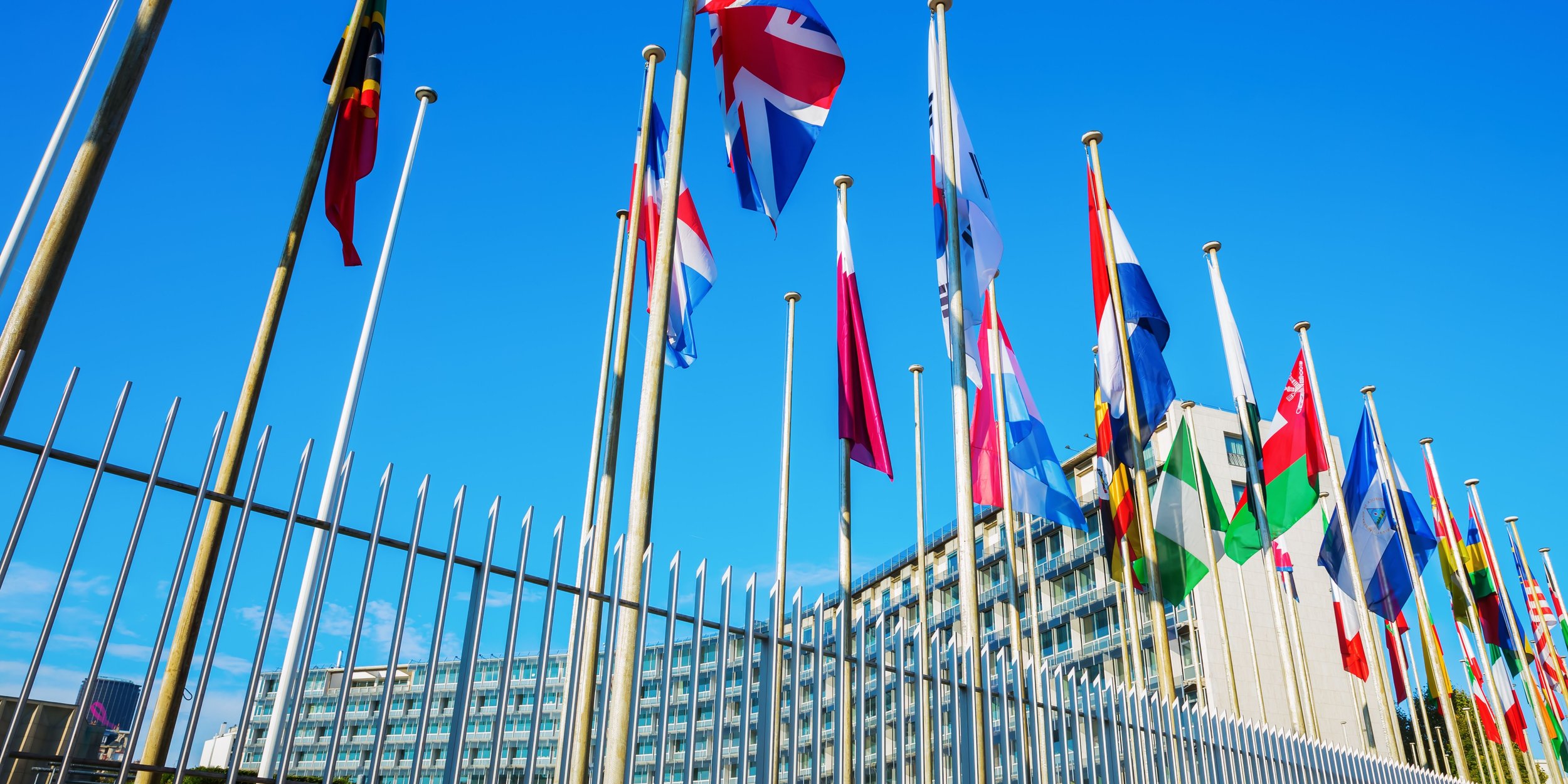Harnessing the power of culture and art to advance foreign policy objectives and create human connections through shared values
Mission: To activate the power of culture as a tool for building bridges through cultural diplomacy initiatives
Vision: To provide a platform for leading policymakers, artists, creative industry executives, arts advocates, and patrons to address the broad, urgent, but seldom discussed set of policy questions regarding the diplomatic, economic, and cultural impact of the creative arts worldwide.
-
The Future of Cultural Diplomacy Initiative seeks to explore the important yet often overlooked role that culture and arts play in diplomacy and foreign relations. It is beyond advancing foreign policy objectives, it is what Ambassador Caroline Kennedy calls “heart-to-heart” diplomacy- about creating human connections through shared values.
To date, the Future of Cultural Diplomacy has included a Seminar Series and the Soft Power & Cultural Diplomacy Study Group
-
-
You can opt-in for FCD updates and join the Study Group here!
Wellesley College Cultural Diplomacy Workshop Feature
Wellesley College Artist Residency 2022: Cultural Diplomacy Workshop
INITIATIVES
SOFT POWER & CULTURAL DIPLOMACY STUDY GROUP
The Soft Power & Cultural Diplomacy Study Group is designed for anyone interested in learning more about these two topics in addressing U.S. foreign relations.
Over the course of eight sessions, participants will become familiar with the history of U.S. cultural diplomacy and will better understand how the power of the arts has repeatedly been deployed by the U.S. government to help achieve foreign policy objectives. The group will analyze historical examples and hear from current practitioners. Furthermore, the group will be asked to envision future uses of cultural diplomacy as a tactic for addressing current foreign policy challenges.
SEMINAR SERIES
The Future of Cultural Diplomacy has initiated through a unique partnership with The Future of Diplomacy Project of the Belfer Center at Harvard University’s Kennedy School of Government. The inaugural events of this partnership involved 3 seminar discussion series. These discussions highlight ways in which cultural diplomacy can play a significant role in furthering U.S. foreign policy objectives and the Biden administration’s promise to “restore America’s global standing.” These conversations focused on understanding cultural diplomacy from the U.S. and multi-lateral perspective, discussing historic and current cultural diplomacy priorities for the United States, as well as how changing technologies, geopolitical trends, and recent events have led to new approaches, initiatives, and challenges.




